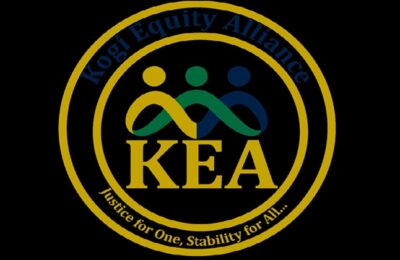Kogi Iron (ASX: KFE) has received sound interest from potential offtake customers and partners for the proposed Agbaja Fines product from its wholly-owned Agbaja Iron Ore Project in Nigeria.
The company has defined the typical indicative analysis for the product based on Preliminary Feasibility Study metallurgical test-work and processing plant design incorporating bioleaching.
Managing director Iggy Tan said discussions are ongoing as it progresses towards completion of its Preliminary Feasibility Study.
“Favourable attributes of Agbaja Fines will include low silica values, high loss on ignition and the coarse nature (250 micron) of the final product,” he added.
“With initial transport via river barging, followed by transhipment to Cape size ocean going vessels, the company will be well positioned to provide cost effective cargo sizes for customers.”
The typical indicative analysis shows that Agbaja Fines consists of 60.4% iron (Calcined), 3.8% SiO2, 6.6% AI2O3, 0.25% phosphorus and 5.45% water.
Agbaja Iron Ore Project
Agbaja has an overall resource of 586 million tonnes at 41.3% iron. Notably, 466 million tonnes at 41.4% iron is in the higher confidence indicated category.
There is also potential for large scale expansion given that just 20% of the prospective area has been drilled tested.
This gives rise to the possibility of Kogi’s flagship project holding a total iron resource of almost 3 billion tonnes
The project is close to established transport infrastructure, which includes barging along the Niger River to the sea port.
Kogi has also highlighted the low strip ratios averaging 0.72 to 1 over 20 years – including a ratio of 0.42 to 1 in the first three years, further streamlining operating expenditure.
Strengthening the case for Kogi is the recent addition of phosphorous bioleaching to the process plant design at Agbaja as part of the ongoing prefeasibility study.
Testwork has demonstrated that simple bioleaching can reduce phosphorous levels in Agbaja iron ore to 0.25% from 0.9%, potentially increasing prices received and hence cash inflow to Kogi.
This increased cashflow model for Agbaja is further optimised by the expectation that bioleaching will have negligible impact on capital and operating costs.
The proposed design utilises simple and proven pumping technology for the transport of the slurry concentrate and avoids the traditional and more costly heap leaching process.
Analysis
The typical indicative analysis highlights the high iron and low silica levels present in the Agbaja Fines product from Kogi Iron’s Agbaja Iron Ore Project.
That it has already received sound interest provides further support towards its development momentum, which has included low strip ratios and a decision to skip the Scoping Study and move straight to a Preliminary Feasibility Study.



